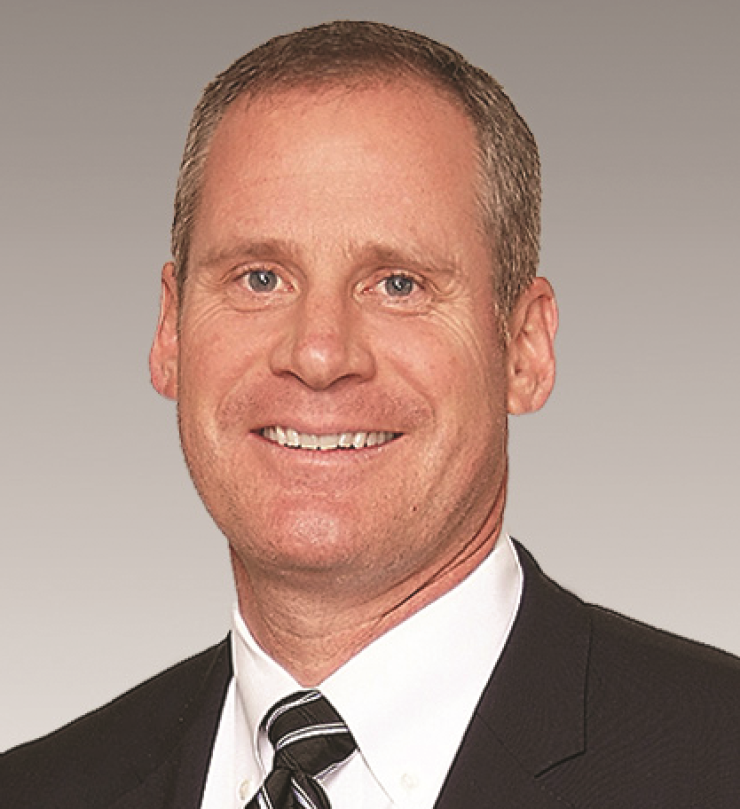A blockbuster deal to give UBS’ 7,145 advisers access to digital advice tools has shown not just the seriousness with which wealth management firms are now approaching automated advice platforms, but also the different strategies available.
In recent months, firms have chosen to develop the technology in-house, acquire robo advisers and form strategic partnerships with fintech providers.
In January, Morgan Stanley recruited a top Charles Schwab executive who oversaw the development of that firm’s robo platform. In February, RBC teamed with FutureAdvisor, a robo adviser firm acquired by BlackRock. And UBS showed a third approach in its deal with fintech startup SigFig by taking an equity stake in the firm.
While there remain a few holdouts such as Raymond James that say they will not be developing robo advisers, many more players are actively exploring how best to get their hands on the technology.
UBS showed a third approach in its deal with fintech startup SigFig by taking an equity stake in the firm.
“Our industry is very entrepreneurial,” says Andrew Crowell, vice chairman of D.A. Davidson’s Individual Investor Group.
For example, he points to the financial services industry’s history of innovation, from online trading to ETFs. These were not one stop solutions, he says, but they were responsive to adviser and client needs.
Crowell expects his firm will eventually provide its advisers with a robo platform. But for now the small brokerage is observing how the different plans of the largest wealth management firms fare.
“We are watching with great interest,” Crowell says.
LEGITIMIZES ROBOS
The UBS deal legitimizes discussion of robo advice in wealth management and puts pressure on other firms to solidify their digital strategy, says Bill Winterberg, founder of FPPad.com.
"The attention is away from the disruptors," Winterberg says. "Our attention is now focused on the industry incumbents. We're talking about BlackRock, LPL, Pershing and UBS. We are not talking about VC-funded robo startups anymore."
SigFig, which recently announced it was joining Pershing's platform as a robo advice offering, comes out as the big winner in the deal, Winterberg adds. Only last year, SigFig watched neighboring Silicon Valley robo platform FutureAdvisor get acquired by BlackRock for a reported $152 million.
"We're talking about BlackRock, LPL, Pershing and UBS. We are not talking about VC-funded robo startups anymore."
"It makes their pitch deck better. They don’t have to apologize for being the fifth wheel in the automated investment advice space anymore."
Winterberg and other industry analysts agreed that remaining robo startups in the market would be pressed to either shore up funding, or seek an established firm to either partner with or join, as client acquisition costs squeeze the direct-to-retail advice model.
"The news may pressure some robos to cut deals sooner rather than later, as the number of suitors steadily declines with every one of these announcements," says Sean McDermott, senior analyst in consulting services at Corporate Insight.
McDermott says the UBS deal delivers value to both the wirehouse and SigFig, which only recently announced it was joining Pershing's platform as a robo advice offering.
"For UBS, this arrangement could help the firm address one of its longstanding disadvantages: a relatively weak front-end digital experience," McDermott says. "For SigFig, the firm’s ability to market its services to other institutions could be bolstered by the fact that UBS is taking an ownership stake in the firm. As with BlackRock’s acquisition of FutureAdvisor, the backing of a trusted industry stalwart can help a startup make inroads in this industry."
FAST TECHNOLOGY
D.A. Davidson's Crowell expects that robos will have a role to play in meeting some clients’ needs, he says human advisers will continue to play a central role, such as in helping clients sticking to their financial plans when emotions run high.

“I’m not sure yet that there is a robo yet that can take all that myriad of complex issues,” he says.
D.A. Davidson, which is based in Great Falls, Mont., has about 400 advisers. Last month, the firm closed on an acquisition of SMITH HAYES, a Lincoln, Neb.-based brokerage with 36 advisers and $4 billion in client assets.
Crowell notes how fast technology has developed in other sectors of the technology, and enhanced people’s lives, pointing to the FitBit as an example; it’s a highly useful tool, but it doesn’t make a healthy person on its own.
The financial services industry still has more to do in using digital tools to help clients reach their goals, he says.
“Our industry is in its infancy in terms of developing technology.”





